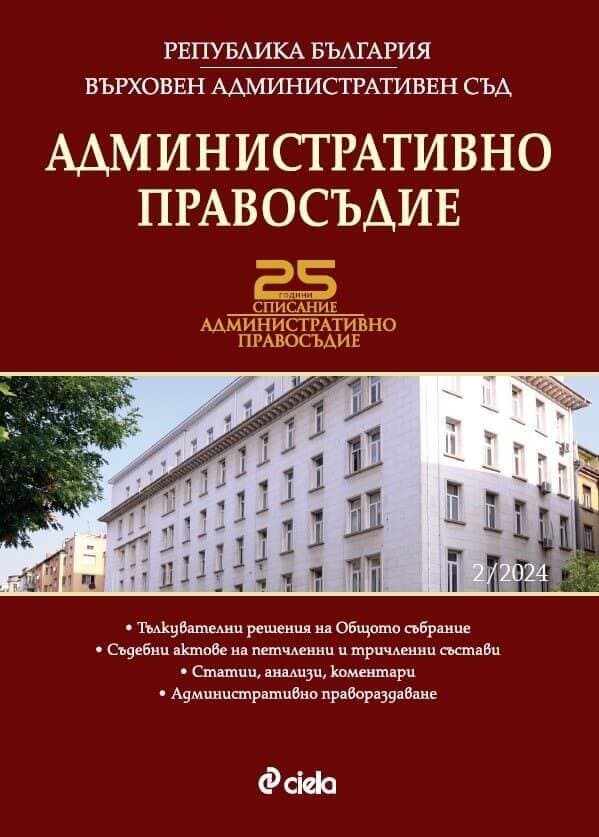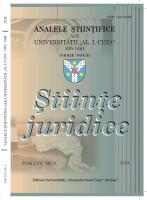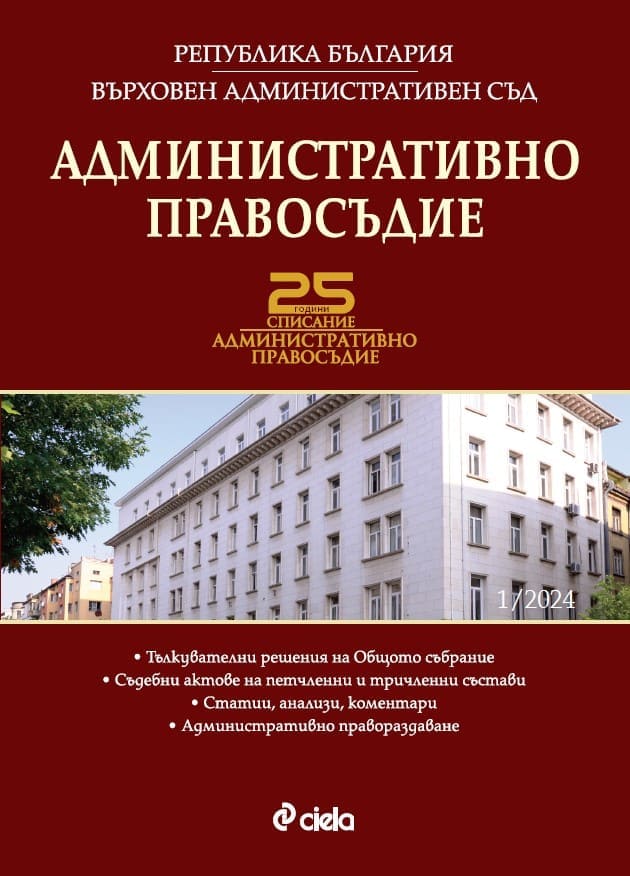
Комплексно разрешително по чл. 117 от Закона за опазване на околната среда
Activities in certain industrial sectors involve the use of installations which may affect environmental components, and there is therefore a need to monitor them. One of the means for this is the introduction of a permit regime for the construction and operation of new and the operation of existing installations and facilities for industrial activities, which are listed in Annex 4 to Article 117(4) of the Environmental Protection Act. The legal regulation of the integrated permit is in Chapter Seven of the Environmental Protection Act, entitled Prevention and Limitation of Industrial Pollution and in the Regulation on the Conditions and Procedure for Issuing Integrated Permits, adopted by the Decree No 238 of 2 October 2009. The systematic location of the regulation in Chapter 7 of the Environmental Protection Act leads to the conclusion that the issue of integrated permits under Article 117 of the Environmental Protection Act is an activity for the implementation of environmental protection policy, part of the management activity of the executive power for the prevention and limitation of industrial pollution.
More...






